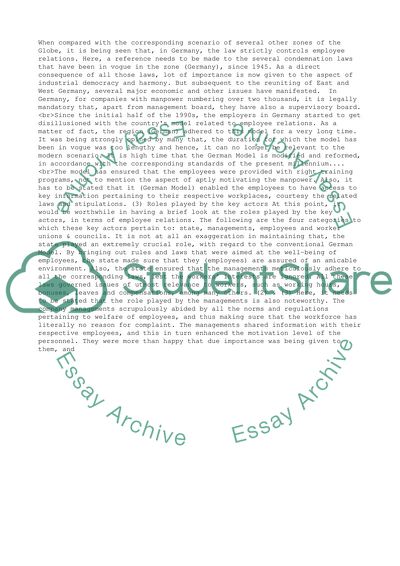Cite this document
(“Employee Relations in Germany Essay Example | Topics and Well Written Essays - 2000 words”, n.d.)
Retrieved de https://studentshare.org/business/1390873-employee-relations
Retrieved de https://studentshare.org/business/1390873-employee-relations
(Employee Relations in Germany Essay Example | Topics and Well Written Essays - 2000 Words)
https://studentshare.org/business/1390873-employee-relations.
https://studentshare.org/business/1390873-employee-relations.
“Employee Relations in Germany Essay Example | Topics and Well Written Essays - 2000 Words”, n.d. https://studentshare.org/business/1390873-employee-relations.


